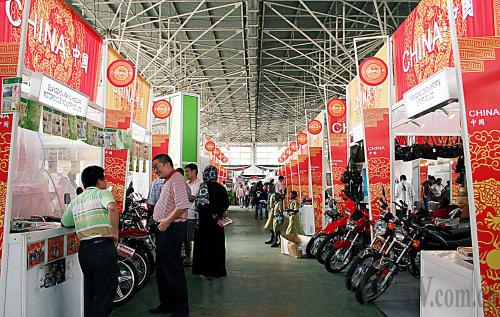|
 |
|
(XINHUA) |
Crossing borders
Dr. Juma Mwapachu, the Secretary-General at the EAC Secretariat, looks back at the Customs Union and notes that while it was implemented from day one, the Common Market is "a process" whose success depends on not only how the member states roll it out, but also on what the EAC secretariat does.
"East Africans have every right to be proud… But it is upon them to exploit all available opportunities to make the Common Market work for them and for the better livelihoods of all citizens of the EAC. We can do it; let us together make it happen," said Dr. Mwapachu on his blog posted on the EAC's official website (www.eac.int).
Kenya's permanent secretary (PS) in charge of EAC affairs, David Nalo, is also of the same view. The PS, since July 1, has been strutting across media platforms telling the public not to assume that the Common Market meant "that all the borders would instantly disappear."
He said that on July 1, many people across the five countries, including journalists, attempted to cross the border, of course, assuming that no one would ask them of identification documents.
"Most of those who attempted could not make the crossing because they were acting on misinformation," says Nalo.
He agrees with Dr. Mwapachu that people have been moving freely across borders for a long time, but it is expected that the procedures at the borders will thin out.
"Movement of people has always taken place. But the administrative requirements at the border points have posed serious bottlenecks to these freedoms and rights," Nalo said. "The culture, the orientation and the focus of the border officials is what needs to change from that of 'control' to 'facilitation' to make it even easier for travelers."
So, the gradual process will have to move on until 2015 when it's hoped to be fully implemented. After that, the region hopes to metamorphose into a monetary union and then into a political federation.
But, Benjamin Washiali, an MP in Kenya's Parliament, is skeptical of such a move saying it has to be done "slowly," otherwise, the differences in democratic space will again haunt the federation. Washiali speaks with the benefit of hindsight given the political rigmarole that saw the initial EAC break up in 1977, just after being in place for 10 years.
But as Nalo said in a prime time television interview, the Common Market has to be firmly in place first, however long it takes, before the Monetary Union - with a single currency - comes into place. The fiscal tremors of the euro in the European Union has the EAC region worried about the feasibility of a monetary union, but the PS is hopeful that with the right mechanisms, it will succeed.
|